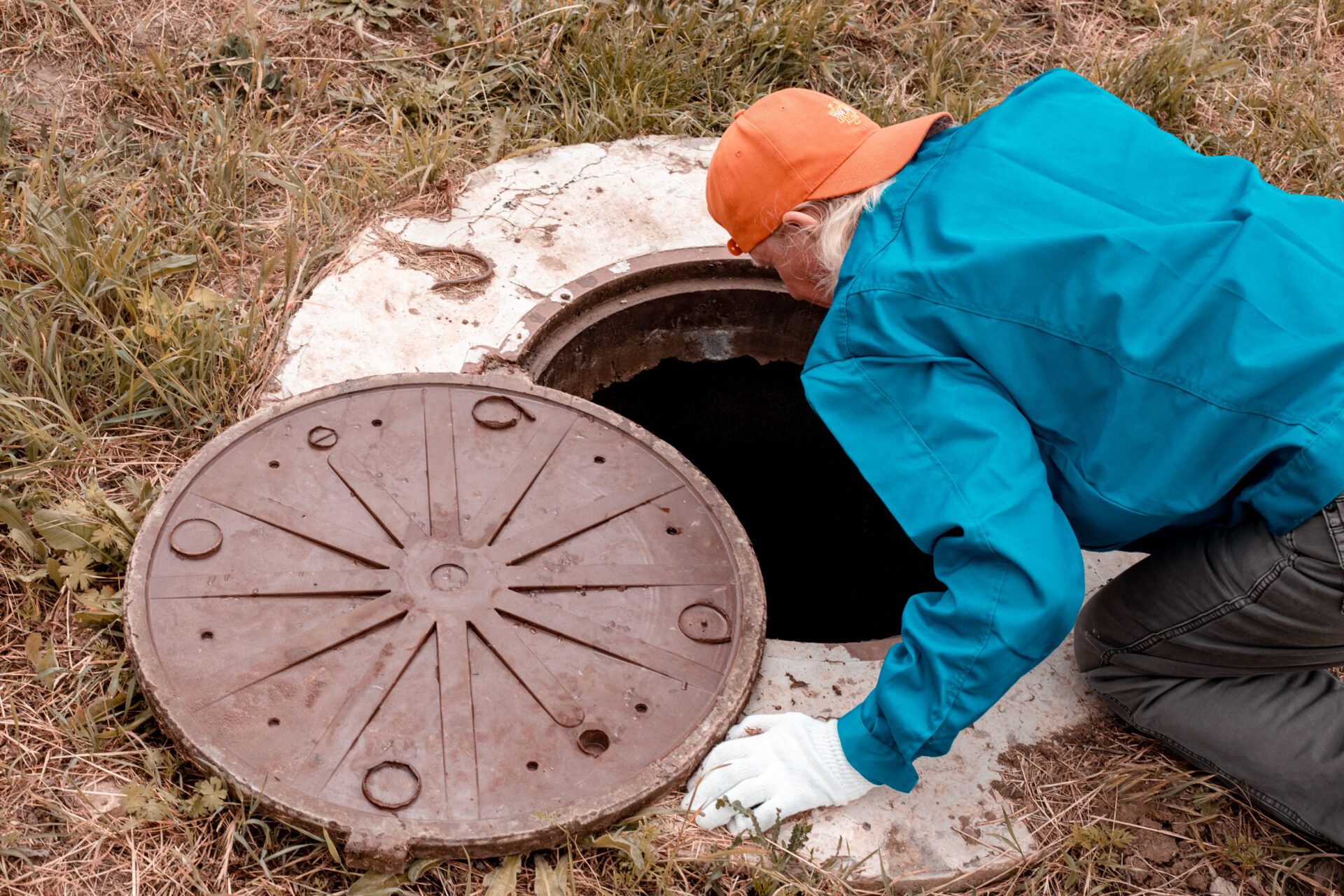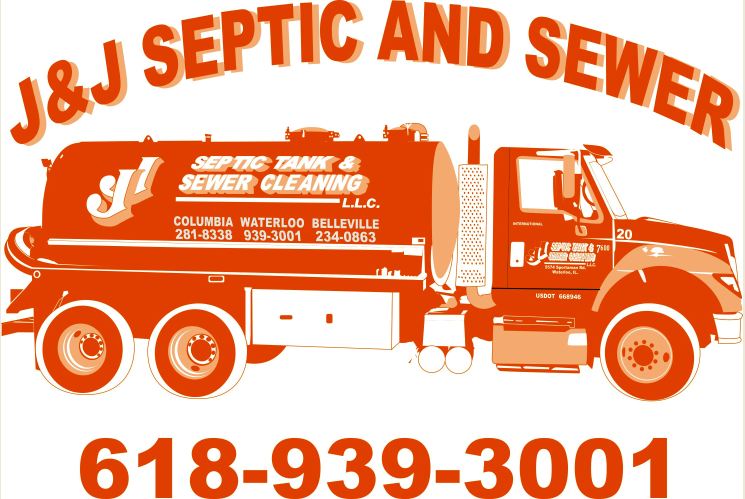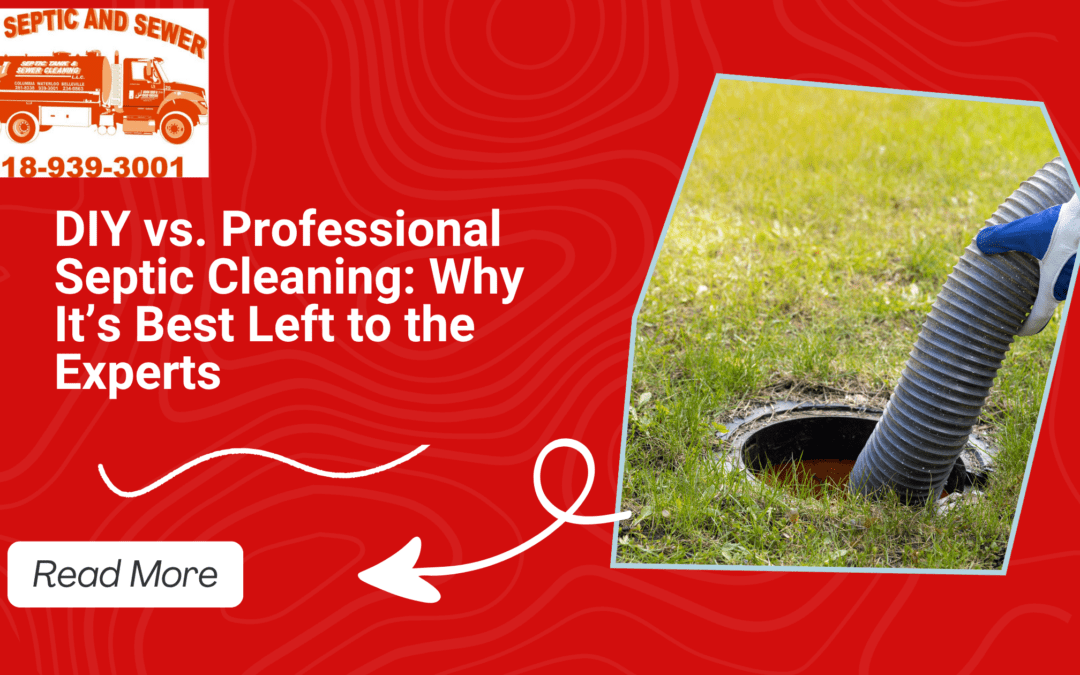- DIY septic cleaning may seem cost-effective, but it often leads to serious health hazards, environmental risks, and costly mistakes due to a lack of proper tools and expertise.
- Professional septic cleaners provide thorough, safe, and regulation-compliant service using advanced equipment and trained inspection techniques.
- Choosing a professional over DIY ensures long-term system health, prevents backups or leaks, and offers greater value and peace of mind.
For many homeowners, the appeal of do-it-yourself projects lies in the potential cost savings and the satisfaction of handling tasks without outside help. While this mindset can be rewarding for painting a room or fixing a fence, some areas of home maintenance are better left to trained professionals—septic cleaning is one of them. Maintaining a healthy septic system is essential to preserving property value, protecting the environment, and safeguarding the health of those who live there.
Although DIY methods might seem simple at first glance, septic systems are complex and require specialized knowledge and tools to be cleaned and maintained safely and effectively.
Understanding Septic Systems
A septic system is a self-contained underground wastewater treatment structure commonly found in rural and suburban areas. It typically consists of a septic tank and a drain field. Wastewater from the home flows into the septic tank, where solids settle to the bottom, forming sludge, while lighter materials like oils and grease float to the top as scum. The liquid layer in between flows into the drain field, where soil acts as a natural filter, treating the wastewater before it returns to the groundwater system.
When operating properly, this system is remarkably efficient. However, over time, the sludge and scum accumulate and reduce the tank’s capacity. If these layers are not removed, they can clog the system, back up into the home, or leach untreated wastewater into the environment. Regular septic tank cleaning, typically every 3 to 5 years, is crucial to prevent such issues. Skipping this maintenance or attempting it without the right training can lead to dangerous and costly consequences.
The Appeal of DIY Septic Cleaning
In an age where online tutorials promise easy fixes for almost any household issue, it’s no surprise that some homeowners consider cleaning their own septic systems. The promise of saving money is often the primary motivator. Hiring a professional can feel expensive, especially if the system appears to be functioning well on the surface. Some believe that with a little research, elbow grease, and a rented pump, they can do the job just as effectively as a technician.
Others are drawn in by septic additives or treatments marketed as “no-pump” solutions. These products claim to break down waste and extend the time between cleanings. While they might appear to offer a shortcut, their effectiveness is debated, and they rarely eliminate the need for manual tank pumping. Additionally, the perceived sense of control that comes with DIY methods, along with a desire to avoid scheduling and waiting for appointments, can make homeowners feel more empowered.
However, septic cleaning is not just another weekend project. It involves hazardous materials, buried components, and environmental regulations that most homeowners are not equipped to handle. What begins as a money-saving venture can quickly turn into an expensive mistake.
The Hidden Risks of DIY Septic Cleaning
Many dangers of DIY septic cleaning are not obvious until it’s too late. Attempting to service a septic system without training or proper equipment can put the homeowner’s health, property, and even legal standing at risk. These hazards are best understood through the lens of what can go wrong when critical safety and maintenance procedures are overlooked.
Health Hazards
The inside of a septic tank is a toxic environment. It contains not only raw sewage but also harmful pathogens, viruses, and gases such as methane and hydrogen sulfide. These gases are not only dangerous to breathe but can be fatal in high concentrations. Without protective gear and ventilation systems, even opening the tank lid can expose someone to severe respiratory threats.
Moreover, contact with untreated waste can lead to bacterial infections, skin irritations, and waterborne illnesses. Homeowners who attempt to clean their own tanks often underestimate how easily contaminants can be transmitted from gloves or boots to their skin, home, or even local water sources.
Lack of Proper Equipment
Professional septic cleaners use vacuum trucks, high-pressure hoses, and safety equipment that the average homeowner simply does not own. These tools aren’t just for convenience; they are essential for effectively and safely removing sludge from the tank without causing damage.
A rented pump might remove some liquid, but it will likely leave behind solids that cause future problems. Without specialized inspection tools like video scopes or tank probes, DIYers also miss hidden issues such as cracks, buildup, or blockages in the drain field. These oversights can result in a tank that appears clean but continues to malfunction.
Environmental Risks
Improperly handled septic waste can severely contaminate groundwater, local wells, and natural water bodies. Dumping waste on the property or storm drains is illegal and environmentally disastrous. Septic cleaning requires strict disposal procedures, which include transporting waste to a certified treatment facility.
DIY attempts often result in partial removal and unsafe dumping practices, whether intentional or not. Such actions not only put the community at risk but can also lead to irreversible ecological damage and long-term remediation costs.
Legal Implications
Many states and counties have specific laws governing septic system maintenance and waste disposal. Handling human waste without a proper license can result in hefty fines or legal penalties. Additionally, unauthorized disposal violates health and environmental regulations, which local municipalities actively enforce.
Homeowners may also void any existing warranties on their systems by attempting unlicensed repairs or cleanings. These legal and financial consequences are often far more costly than hiring a professional from the beginning.
Incomplete Cleaning
Even if a DIYer successfully pumps out the liquid portion of the tank, they may not remove enough solids to restore full functionality. A septic tank needs complete sludge removal, which includes scraping and vacuuming built-up layers along the tank floor and walls.
Without a complete clean-out, the septic system may appear functional but will continue to degrade. Foul odors, sluggish drains, and sewage backups can reappear quickly, making the original effort a waste of time and money.
What Professional Septic Cleaners Bring to the Table
Professional septic technicians provide more than just manpower; they offer a complete, reliable, and regulation-compliant service that ensures long-term performance and peace of mind. Their work isn’t limited to pumping tanks; they inspect, assess, and advise homeowners on the condition and needs of their entire system.
Expertise and Experience
Licensed professionals have the training to understand various septic system designs, installation methods, and regional soil behaviors. This knowledge enables them to diagnose potential issues before they escalate into major repairs.
Their experience helps them navigate complex systems and identify root causes of recurring problems, something even a thorough DIYer may overlook. Technicians know what warning signs to look for, such as excessive sludge depth, failing drain fields, or hidden leaks. Their judgment plays a critical role in preventing system failures.
Specialized Equipment
Cleaning a septic system thoroughly requires more than a basic pump. Professional services bring in vacuum trucks with industrial suction power, high-pressure water jets for scouring stubborn buildup, and even robotic cameras for in-tank inspections.
These tools ensure a complete cleaning that removes sludge, not just surface liquids. They also allow technicians to inspect pipes and components without the need for invasive digging or guesswork. Homeowners benefit from a job done thoroughly, quickly, and with minimal disruption to their property.
Thorough Inspection
Every cleaning appointment is an opportunity to perform a system check. Professionals look for early signs of wear and damage, such as cracked lids, blocked baffles, or tree root infiltration. If problems are detected, they can recommend timely repairs that prevent system failure.
Some technicians also provide detailed reports, including sludge measurements and maintenance logs. This documentation can be useful for future service scheduling or real estate transactions.
Waste Disposal Compliance
Professionals not only remove waste—they also handle its transportation and disposal in accordance with local, state, and federal guidelines. They work with licensed disposal facilities that treat the waste safely and legally.
This level of accountability protects homeowners from the risks associated with illegal dumping. It also contributes to public health and environmental preservation, both of which can be compromised by poorly managed septic waste.
Efficiency and Safety
With the right tools, training, and procedures in place, professional septic cleaning is significantly safer and faster than any DIY approach. Homeowners don’t have to risk their health or property, and they avoid the stress of troubleshooting unfamiliar systems.
The efficiency of professional service ensures minimal downtime, and with maintenance reminders and service contracts, homeowners can rest easy knowing their system is always in good hands.
Cost Comparison: DIY vs. Professional
At first glance, DIY septic cleaning might seem like the more budget-friendly option. Renting equipment or purchasing additives is typically less expensive upfront than hiring a professional. However, the true cost of septic maintenance includes far more than what’s spent on a given day.
A DIY attempt may save a few hundred dollars, but it introduces risk factors that can lead to thousands in repairs. For example, incomplete cleanings often result in clogs, backups, or system failure, each of which requires immediate professional intervention. Add in potential fines for improper waste disposal, and the initial savings are quickly erased.
Professional septic cleaning, by contrast, is a one-time expense that includes pumping, inspection, safe disposal, and preventative maintenance advice. Many companies offer service packages that reduce per-visit costs and help homeowners budget more easily. In the long run, professional maintenance proves to be the more cost-effective and risk-free solution.
When Should You Call a Professional?

Even with regular maintenance, septic systems can develop issues that require expert attention. Recognizing the right time to bring in a professional can prevent minor concerns from turning into costly repairs.
Persistent Odors Indoors or Outdoors
If you notice a strong sewage smell inside your home or near the drain field, it’s a clear indication that your system isn’t processing waste properly. These odors can signal tank overflow, venting issues, or a failing drain field.
Slow Drains or Gurgling Pipes
When sinks, showers, or toilets start draining slowly or you hear unusual gurgling noises, it may point to a full tank or a blockage in the pipes. These signs should not be ignored, as they often precede system backups.
Standing Water or Lush Grass Near the Drain Field
Excessively green patches of grass or standing water around your septic drain field are red flags. This could mean your system is leaking untreated waste into the surrounding soil, which poses health and environmental risks.
Sewage Backup Inside the Home
If sewage starts backing up into toilets, bathtubs, or floor drains, immediate professional intervention is required. This is often a result of a full tank or a serious obstruction in the system and can pose significant health hazards.
Routine Maintenance or Pre-home Sale Inspections
Even if everything seems to be functioning well, a professional should be called for routine pumping every 3–5 years, or before listing your home for sale. A certified inspection ensures the system is safe, functional, and up to code.
Don’t leave your septic system’s health to chance. At J & J Septic & Sewer Cleaning, we offer safe, thorough, and professional septic cleaning services designed to protect your property and the environment. Whether you’re due for routine maintenance or noticing warning signs, we’re here to help. Contact us today for dependable service you can count on.

